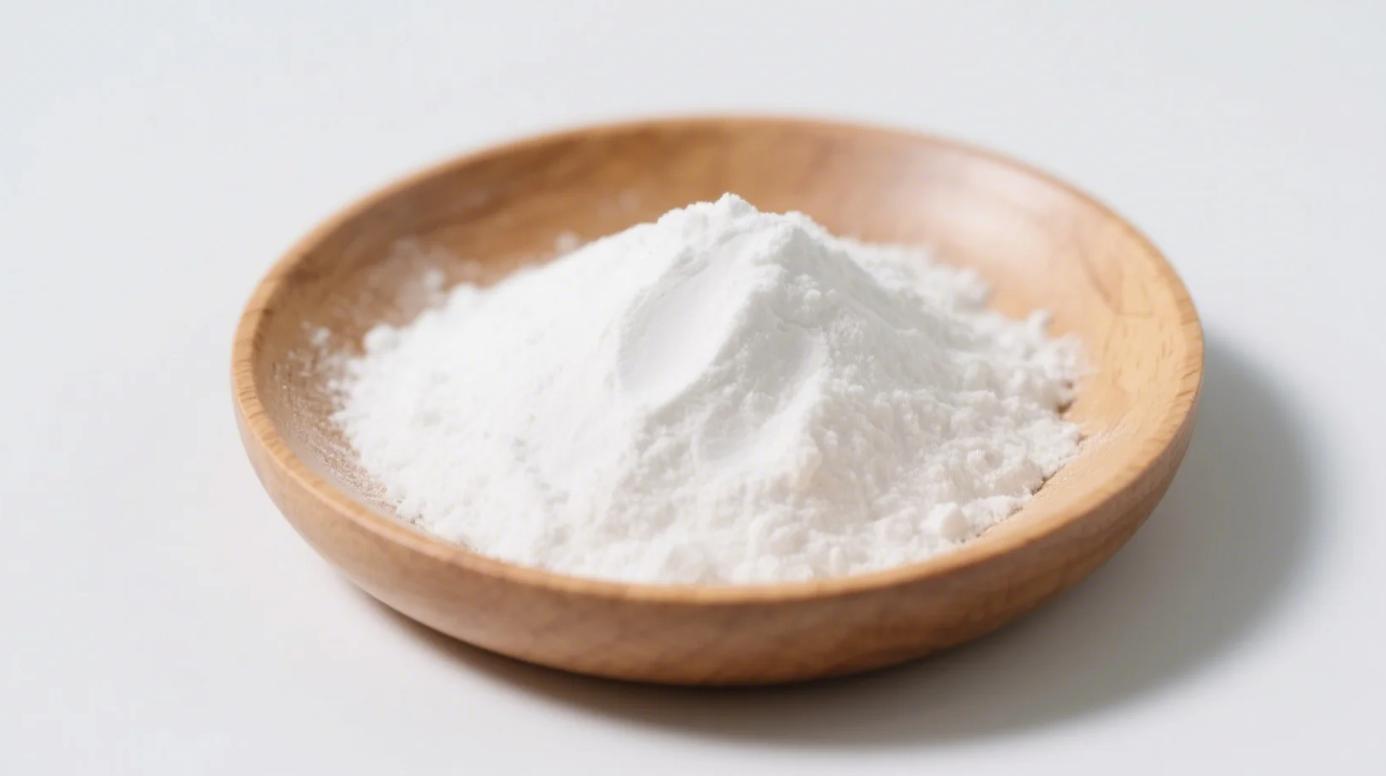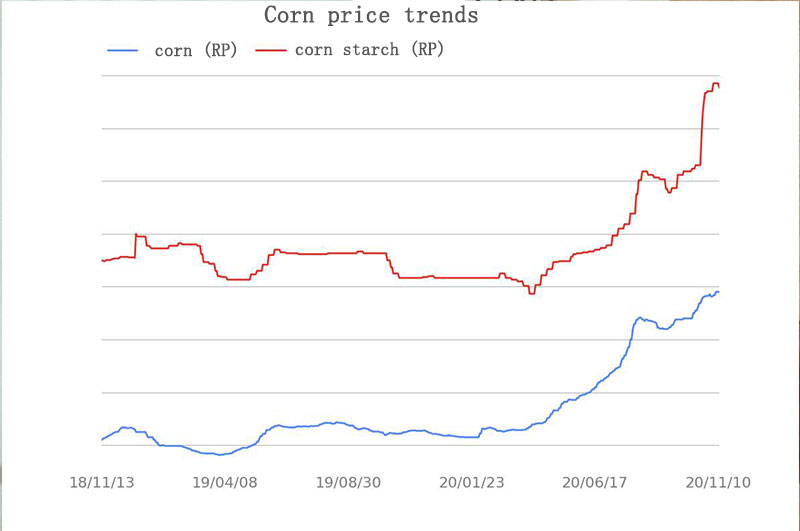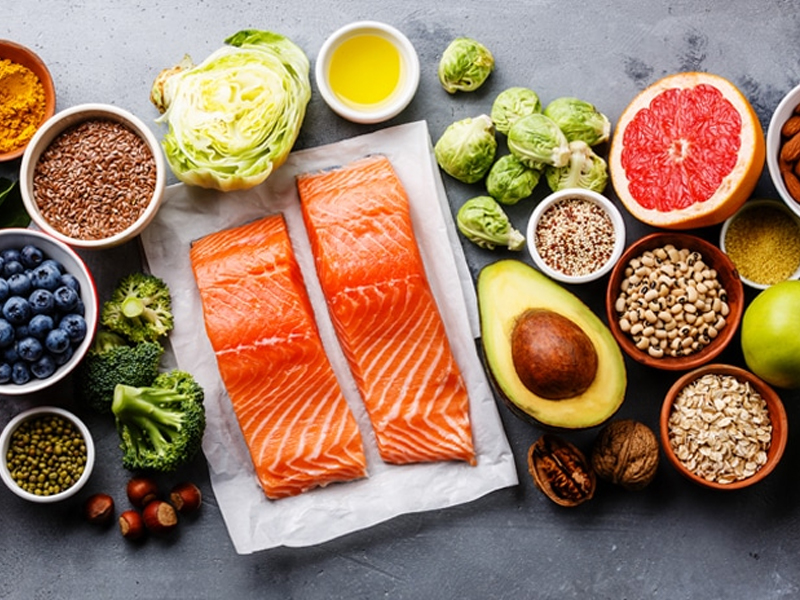Inulin, a prebiotic fiber lauded for gut health, has sparked debates: Can this plant-based supplement harm your liver? While organic inulin powder is generally safe, its impact on the liver depends on dosage, source, and individual health. Let’s unpack the science, separate myths from facts, and reveal how to use inulin wisely for optimal wellness.
Inulin 101: What It Is and How It Works
Derived from chicory root, agave, or Jerusalem artichokes, inulin is a soluble fiber that feeds beneficial gut bacteria. Its benefits include:
- Improved Digestion: Reduces bloating and constipation.
- Blood Sugar Control: Slows glucose absorption.
- Enhanced Immunity: Boosts short-chain fatty acid production.
But does supporting the gut come at a cost to the liver?
The Liver Connection: Benefits vs. Risks
✅ Potential Benefits for Liver Health
- Reduces Liver Fat:
- Studies show inulin lowers hepatic fat by 20–30% in NAFLD (non-alcoholic fatty liver disease) patients via improved gut-liver axis communication.
- Detox Support:
- Binds to toxins (e.g., ammonia) in the gut, reducing the liver’s detox workload.
- Anti-Inflammatory:
- Lowers liver inflammation markers like ALT and AST in preclinical trials.
⚠️ Potential Risks (When Misused)
- Overload in Cirrhosis:
- In advanced liver disease, gut dysbiosis may worsen with prebiotics, increasing ammonia production and hepatic encephalopathy risk.
- High Doses Strain Metabolism:
- Excess inulin (>30g/day) may cause bloating, forcing the liver to process byproducts like acetaldehyde.
- Heavy Metal Contamination:
- Non-organic inulin from polluted soil may carry cadmium or lead, stressing the liver.
Organic Inulin Powder vs. Conventional: Key Differences
| Factor | Organic Inulin Powder | Conventional Inulin |
|---|---|---|
| Purity | Free from pesticides, heavy metals | Risk of glyphosate and cadmium |
| Processing | Gentle water extraction | Often bleached or chemically treated |
| Gut-Liver Axis Impact | Enhances beneficial bacteria | May irritate due to additives |
| Sustainability | Supports regenerative farming | Linked to soil depletion |
Who Should Avoid Inulin?
- Advanced Liver Disease (Cirrhosis): Risk of ammonia buildup.
- SIBO/IBS Sufferers: Fermentation may worsen gas and bloating.
- Allergy-Prone Individuals: Rare chicory/ragweed allergies.
How to Use Organic Inulin Safely
- Start Low: 2–3g/day (½ tsp), increasing by 1g weekly.
- Pair with Water: Prevent dehydration, which strains the liver.
- Synbiotic Combo: Mix with probiotics (e.g., Lactobacillus) to optimize gut-liver health.
- Choose Organic: Ensures no toxins add to your liver’s workload.
Why “Organic” Matters for Liver Safety
Non-organic chicory is often sprayed with glyphosate, a herbicide linked to liver inflammation and fatty liver in animal studies. Certified organic inulin powder guarantees:
✅ No synthetic pesticides or GMOs
✅ Clean sourcing (prevents heavy metal accumulation)
✅ Gentle processing (preserves natural fiber structure)
FAQs
Q: Can inulin reverse fatty liver?
A: Studies suggest it reduces fat and inflammation but isn’t a standalone cure. Pair with diet/exercise.
Q: Best time to take inulin?
A: Morning with breakfast to align with natural digestion rhythms.
Q: Shelf life?
A: 2+ years in airtight containers; avoid humidity.
Q: Alternatives for liver support?
A: Try organic milk thistle or NAC (N-acetylcysteine) if inulin isn’t suitable.
For most people, organic inulin powder is liver-friendly—even beneficial—when used in moderation. By opting for organic purity and respecting dosage limits, you harness its gut-liver benefits without the risks tied to conventional products.
Recommended Product
Organic Inulin
Premium Prebiotic Fiber for Nutraceuticals, Food & Beverage Industries


